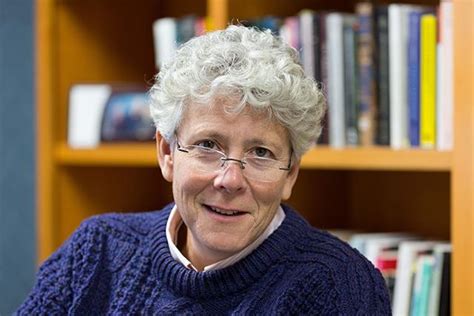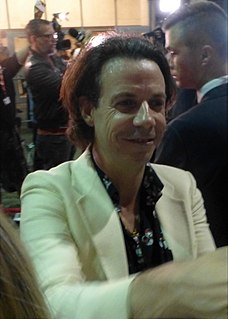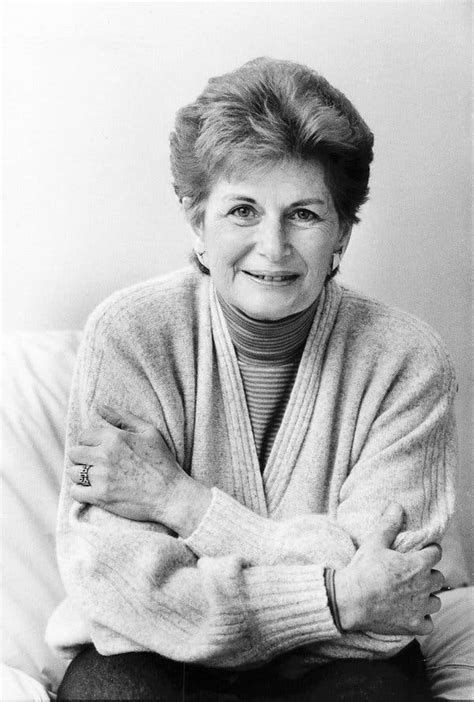A Quote by Peg O'Connor
Above all else, philosophy ought to aim for clarification - of the self, one's place in the world, and the ways we make meaning. Philosophy, when practiced well, can be useful. It can enable us to grapple in productive ways with questions about the meaning of life and who I am and how I want to be in the world.
Related Quotes
I am not sure just what Marx had in mind when he wrote that "philosophers have hitherto only interpreted the world in various ways; the point is to change it." Did he mean that philosophy could change the world, or that philosophers should turn to the higher priority of changing the world? If the former, then he presumably meant philosophy in a broad sense of the term, including analysis of the social order and ideas about why it should be changed, and how. In that broad sense, philosophy can play a role, indeed an essential role, in changing the world.
What do I know about God and the purpose of life? I know that this world exists. That I am placed in it like my eye in its visual field. That something about it is problematic, which we call its meaning. This meaning does not lie in it but outside of it. That life is the world. That my will penetrates the world. That my will is good or evil. Therefore that good and evil are somehow connected with the meaning of the world.The meaning of life, i.e. the meaning of the world, we can call God. And connect with this the comparison of God to a father.
Philosophy aims at the logical clarification of thoughts. Philosophy is not a body of doctrine but an activity. A philosophical work consists essentially of elucidations. Philosophy does not result in 'philosophical propositions', but rather in the clarification of propositions. Without philosophy thoughts are, as it were, cloudy and indistinct: its task is to make them clear and to give them sharp boundaries.
Most of us lead far more meaningful lives than we know. Often finding meaning is not about doing things differently; it is about seeing familiar things in new ways. When we find new eyes, the unsuspected blessing in work we have done for many years may take us completely by surprise. We can see life in many ways: with the eye, with the mind, with the intuition. But perhaps it is only those who speak the language of meaning, who have remembered how to see with the heart, that life is ever deeply known or served.
I think a lot of people do have questions about life, 'What's the purpose of my life?', 'What's the meaning of my life?', 'Why am I here?' ... It's hard to find a place where you can discuss those issues. You can't go down to the pub and say, 'What do you think the meaning of life is?' But actually, most people have those questions, somewhere in the back of their minds. And if you can find a place where you can discuss it with a group of people who, like you, are outside of the Church, and it's a non-threatening, relaxed environment, quite a lot of people want to do that.
I think there is a legitimate critique of reformism, as a politics that is content with making small changes in society without asking for bigger and deeper changes. And revolutionary reforms, meaning actions that we take in small ways to make the world a better place and disrupt some of the ways that capitalism is reproduced.
As soon as you look at the world through an ideology you are finished. No reality fits an ideology. Life is beyond that. That is why people are always searching for a meaning to life. But life has no meaning; it cannot have meaning because meaning is a formula; meaning is something that makes sense to the mind. Every time you make sense out of reality, you bump into something that destroys the sense you made . Meaning is only found when you go beyond meaning.































